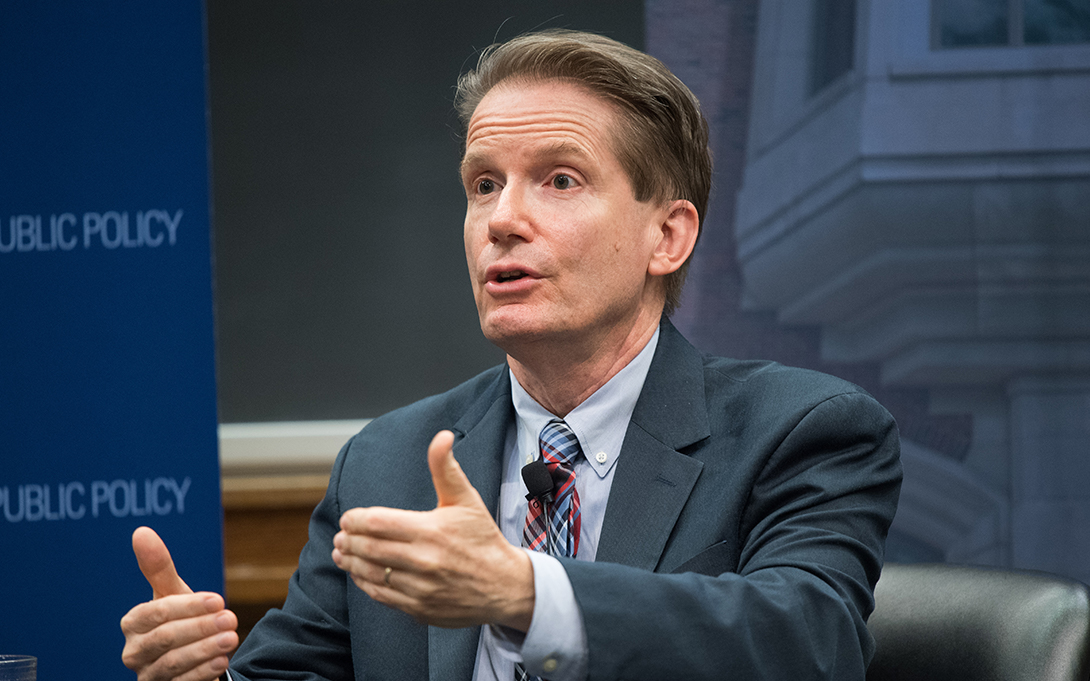
Following the conclusion of COP26, Barry Rabe reflected on the outcomes of the summit in Glasgow.
“This is the 26th time that this conference of parties and processes has worked. Each time there is lots of drama, high expectations, and usually in the end we are underwhelmed but there is some progress. I would put the Glasgow meeting in that category, there are few areas where we have seen marginal incremental progress, there are few areas where we were not able to achieve as much as some have hoped. And yet I'm not sure that most of the work on climate change is really done. Global summits, dramatic as they are, much more is what happens the day after, what nations, leaders, groups around the country actually do with these discussions and how to carry them out,” he told CGTN America.
Speaking to CNBC, he said, “The Glasgow meetings serve as a reminder of just how hard it is to achieve transformational progress on climate change in a few weeks, despite all of the melodrama. That said, [there's] some real progress here on issues such as carbon markets, coal transition, methane, and more. The emerging question is whether these areas of agreement can be implemented."
Closer to home in Michigan, the Line 5 crude oil and natural gas pipelines to Canada continue to be a topic of debate. Last month, Canada invoked a 44-year-old treaty that protects the flow of hydrocarbons across the border in response to domestic threats to shut the pipeline down.
"It's a real tough one, when you have this much energy moving back and forth across the 49th parallel," Rabe told Detroit Free Press. "It becomes a test case of how these two nations work together."
He also commented in Bridge Michigan about how a federal court might rule. “I do tend to think that federal treaties, however obscure and minimally used to date, are very powerful policy tools and that federal courts are reluctant to give states authority to ignore or overturn treaties,” he said.
Read and watch the items featuring Barry Rabe here:
- University of Michigan's Barry Rabe on COP26 outcome, CGTN America, November 14, 2021
- What the COP26 climate conference really accomplished, CNBC, November 16, 2021
- Republicans are making a Line 5 shutdown seem imminent. It's not., Detroit Free Press, November 15, 2021
- Ignore the buzz, here’s why Enbridge Line 5 won’t likely close anytime soon, Bridge Michigan, November 18, 2021

